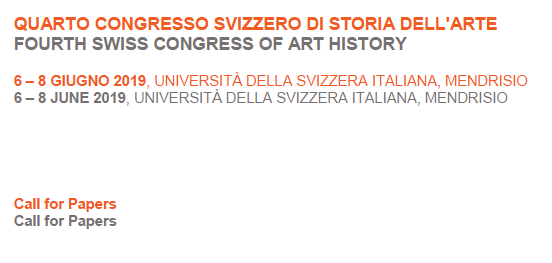 The relevance of provenance: Contemporary aspects of provenance research in theory and practice
The relevance of provenance: Contemporary aspects of provenance research in theory and practice
The Washington Principles (1998) and the extensive research by the Bergier Commission (1996–2002), are key dates for provenance research in Switzerland. From 2012 the “Gurlitt trove” and the legacy of the estate to the Kunstmuseum Bern drew attention once again to the treatment of artworks looted by the Nazis in public and private collections. Research into the change of ownership of art works and artefacts has once again been discussed internationally since then. Since 2016 in Switzerland, the federal government has devoted a total of 2 million francs to provenance research projects in museums. But what demands are placed on provenance research as a discipline, specifically in Switzerland? Along with the historical and moral obligation to restitute art works and cultural assets to their legal owners or their heirs, today there are additional questions that apply to the content particularly of the academic disciplines of art history, ethnology and archaeology as well as art technology and conservation studies, and which extend to issues of international cultural asset transfer and thus to legal and political aspects of the origin of artefacts.
The call for papers is addressed to researchers at universities, universities of applied sciences and museums, and thus seeks to further explore the – per se – interdisciplinary aspect of provenance research. We would like to invite contributions that stake out the areas of application of provenance research: object and context research in art history and ethnology, for example, or necessary collaborations with jurisprudence with regard to the use of terms such as “flight assets” (Fluchtgut). Research into the art market and the storage of cultural assets, as well as connections and interplay with canon formation and problems to do with forgery or work manipulation, are also of interest. Other themes addressed might include the history of collections between the poles of the private and public spheres as well as fundamental considerations about academic education and museum training. Taking as our starting point the set of problems around Nazi looted art, we would like to prompt a debate around the methods, trends and desirable outcomes of provenance research, and ask where, in terms of general research into principles and context, of training programmes and areas of practical work, the specific challenges and above all the long-term opportunities for provenance research lie both within Switzerland and internationally.
Section Head: Nikola Doll, Kunstmuseum Bern KMB, Provenienzforschung
Bernd Nicolai, Universität Bern, Institut für Kunstgeschichte
Floria Segieth-Wuelfert, HKB Hochschule der Künste Bern, Fachbereich Konservierung und Restaurierung / HKB-Weiterbildung
Esther Tisa Francini, Museum Rietberg, Zürich, Provenienzforschung Contatto | Contact nikola.doll@kunstmuseumbern.ch
bernd.nicolai@ikg.unibe.ch
f.segieth@pop.agri.ch
esther.tisa@zuerich.ch
See all Call for Papers here: 2019_4.SKK_Call_for_Papers
You must be logged in to post a comment.